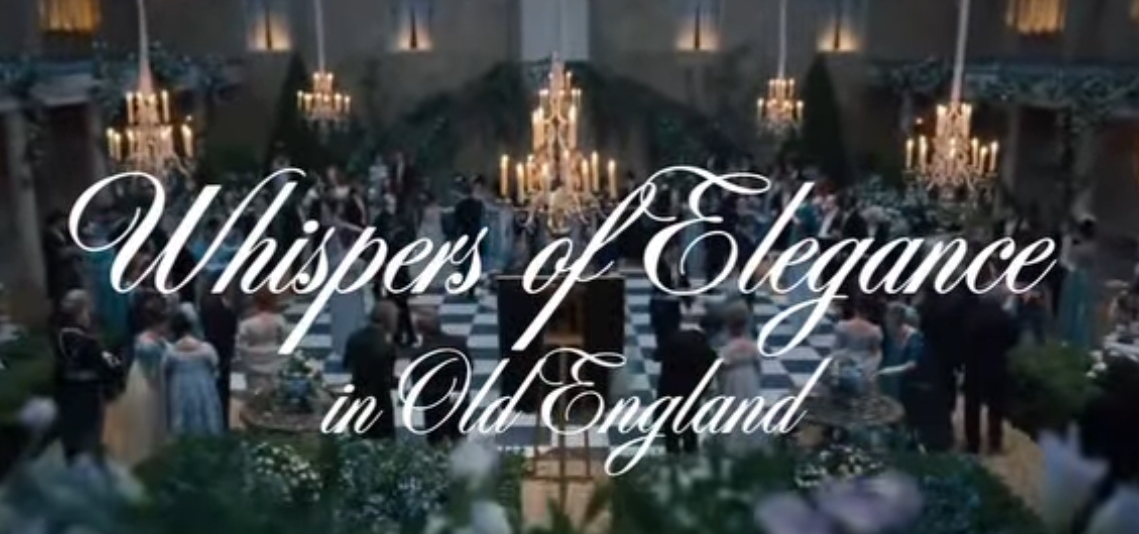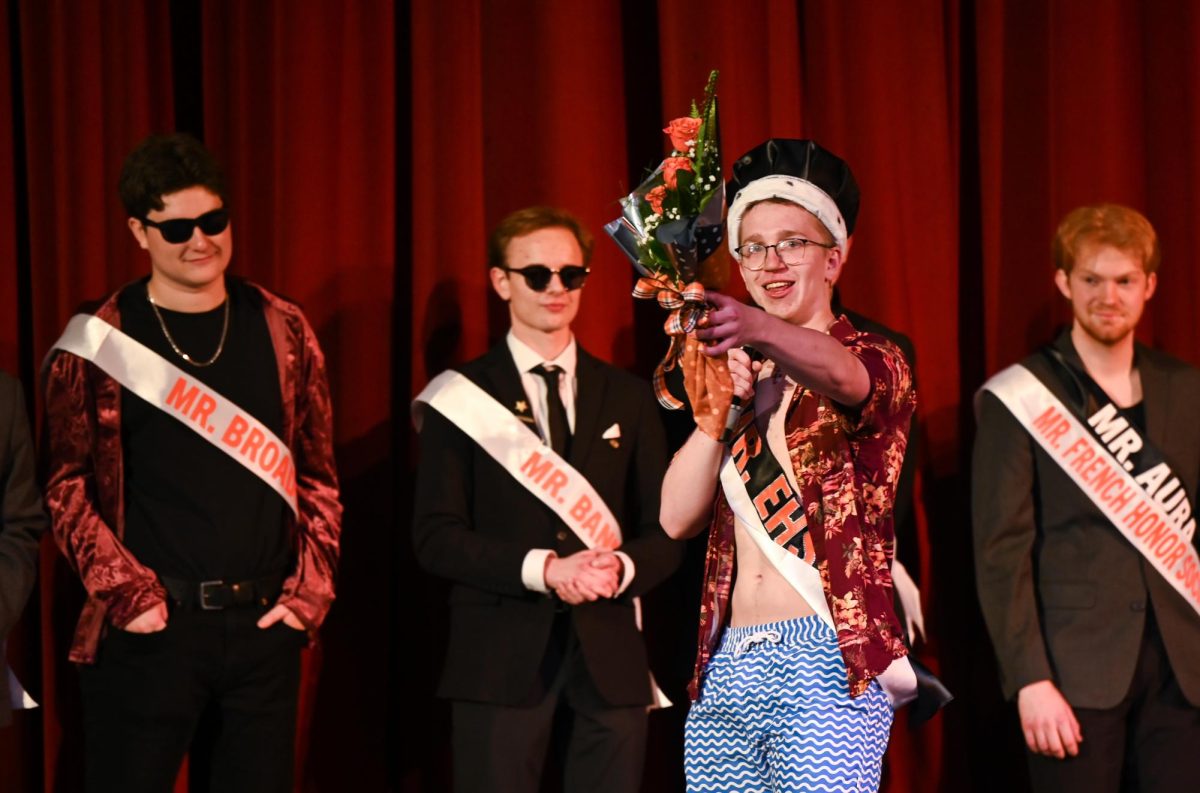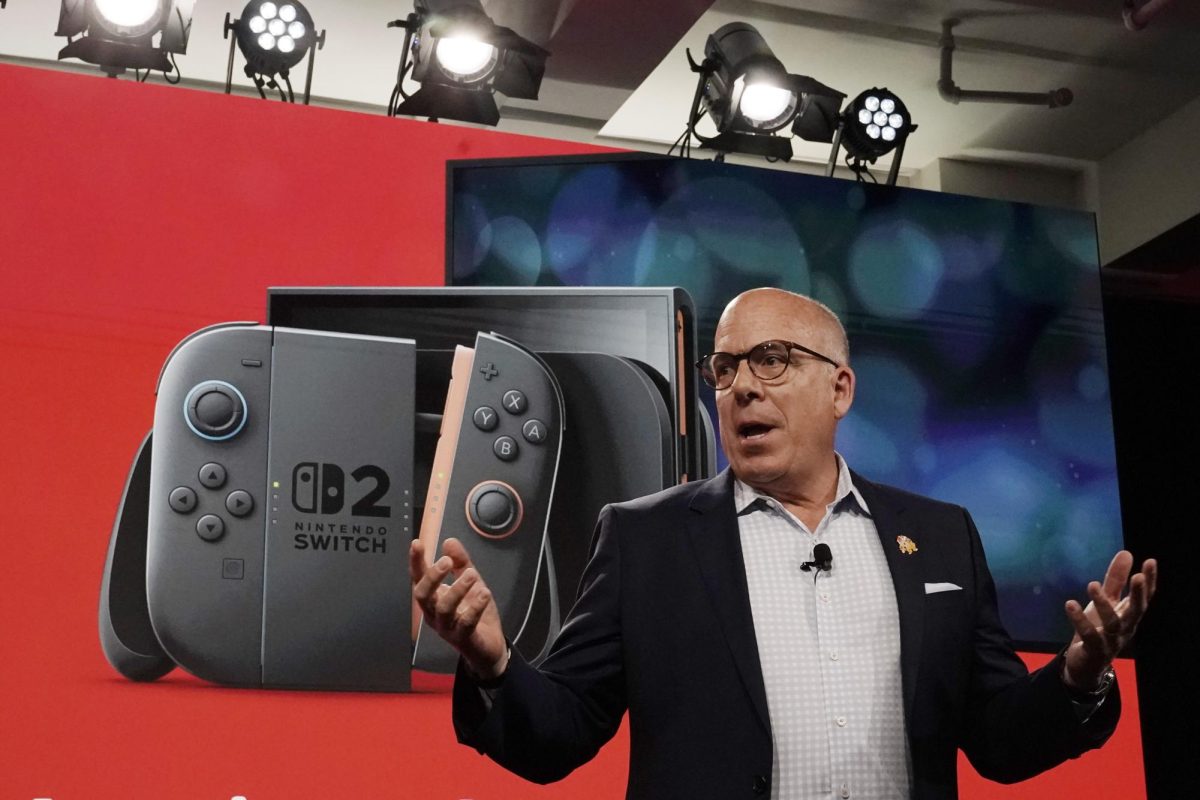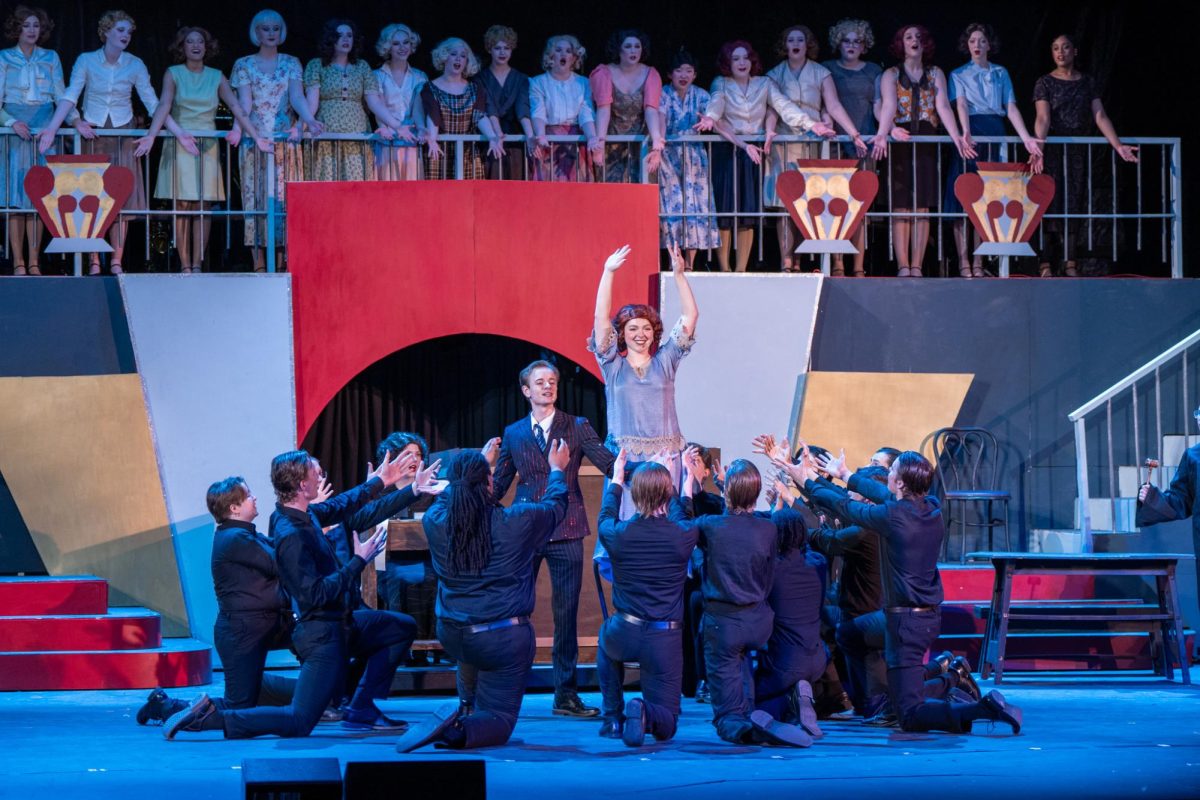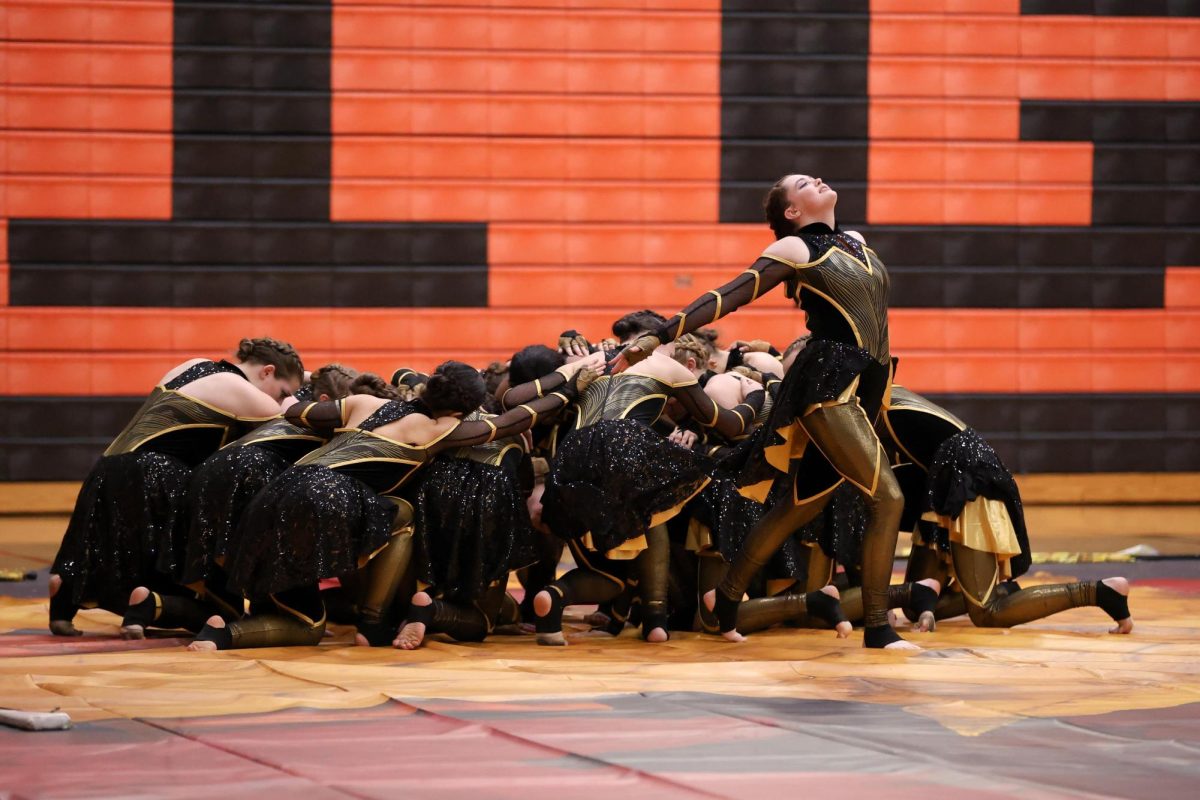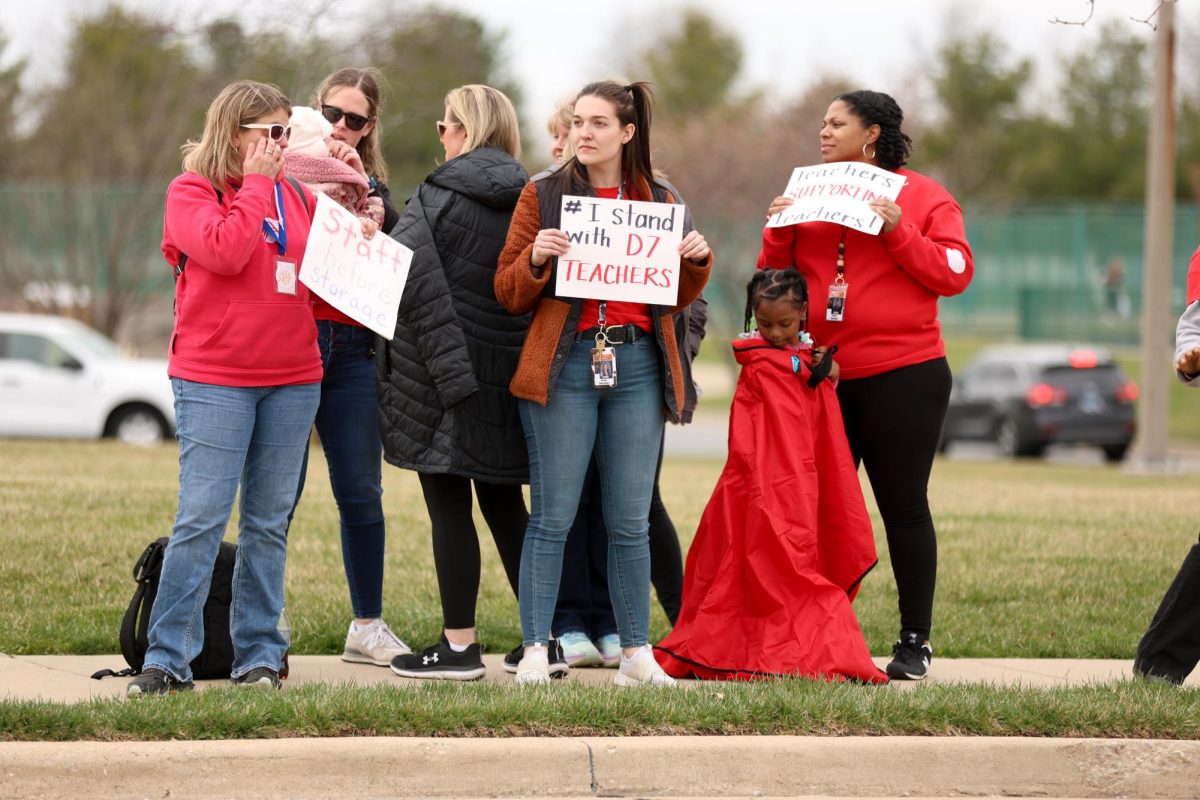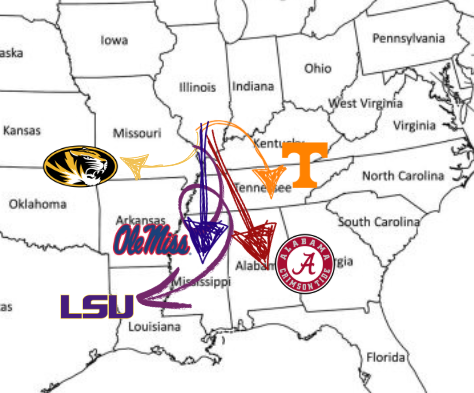Future Music Majors Put in Hard Work
March 16, 2017
It’s one thing to be entering college for only academics: applying to many universities, filling out scholarships and awaiting acceptance. But for students with a music major, the process can be much more complex.
I applied to four universities after a careful narrowing-down process of seven schools. Then, I only auditioned at one of those colleges, hoping to secure my acceptance—thankfully I did.
However, most students didn’t have as easy of a process. Senior Aly Gabriel auditioned for vocal performance and commercial music at six different schools.
“I felt super stressed and overwhelmed with how many auditions I set up for myself,” Gabriel said.
According to Eastman School of Music, a reasonable number of schools to apply and audition at is five to ten. This means travelling almost every weekend of mid to late winter and sometimes doing more than one audition each weekend.
“All my auditions were set up within two months,” Gabriel said. “…every audition was a learning experience getting me closer to my future but at the same time, it was nerve wracking and extremely stressful.”
Another difficult thing about the arts is that unless you are attending a conservatory, you must get accepted into the academic school first. You could be talented enough to attend a school of music but could get rejected from the university because of grades or ACT scores.
“I always felt like I was on the edge of my seat because if I didn’t get accepted into schools of music then academic acceptance doesn’t really mean anything,” senior and future piano performance major Nick Guetterman said.
This means waiting for two different decision letters that typically come months apart: I got my acceptance into Butler University almost six months before I got my acceptance into their school of music.
“Since we don’t hear anything back (until) so late, it feels like if something doesn’t go as planned then you are kind of stuck and there’s no way to fix it,” Guetterman said.
Not to mention, schools such as Belmont or Vanderbilt University make it difficult for those wanting to double major, taking five years to achieve both degrees or even not allowing it at all. This solidified my decision of Butler University: their newer B.A. in Music program provides half the hours of a performance major so students can pursue multiple degrees.
It is important for students wishing to pursue a degree in music to fully explore all of their options to find the best fit for them. There are opportunities for anyone, whether you just want to continue your training or pursue a career in the arts.
“I want to make a living doing what I love,” Guetterman said, “and I don’t really see myself studying or doing anything else with my life.”




